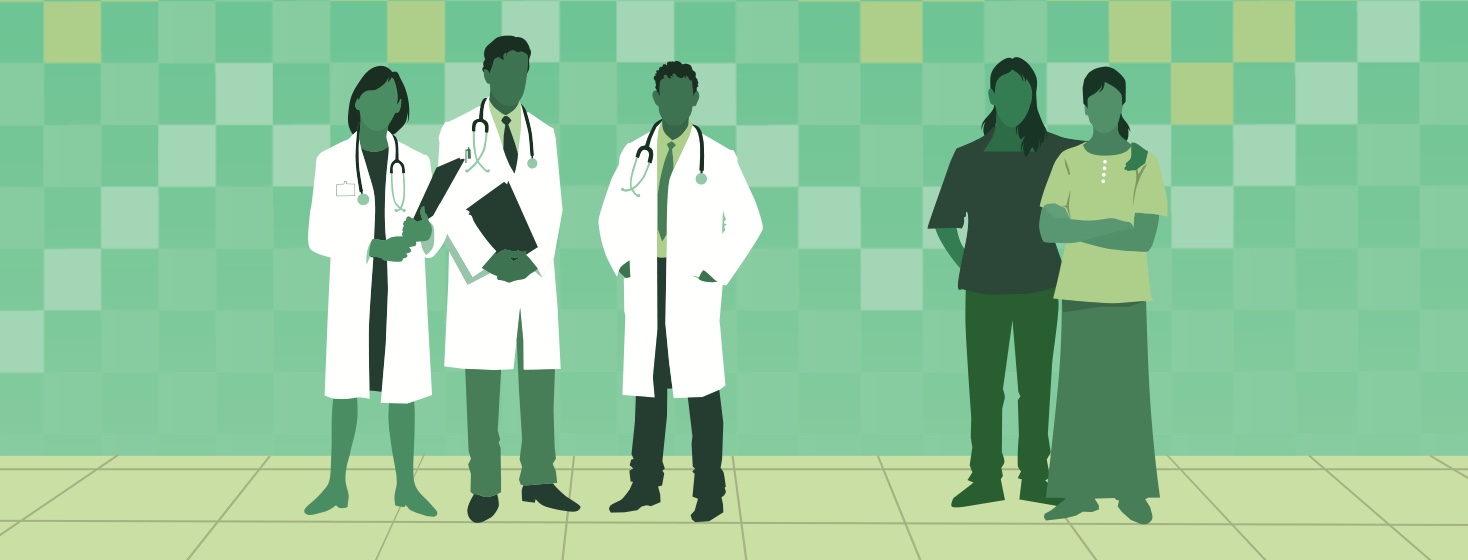Newly Diagnosed with Bladder Cancer? Build Your Care Team
I think good medical and emotional support for a bladder cancer patient comes from three sources:
- The formal medical team
- The inner circle
- The cancer patient community
All three are important to fully support a patient and family facing bladder cancer.
The formal medical team should include a social worker
The formal support team starts to coalesce as soon as the diagnosis is delivered. This team includes the relevant doctors treating the cancer but should also include an oncology social worker. If such services are not offered upfront, seek them out. Do this even if you don’t feel that you need their help right now.
Finding support and financial assistance
You don’t know what you don’t know about the cancer world and the oncology social work can offer a lot of information about help that you may not even know is available. Examples include subsidized taxi rides to appointments, access to support groups, and help with the financial aspects of dealing with a cancer diagnosis.
Just go for a consultation and find out what’s there. You might be surprised. We all tend to, in the beginning, say that we don’t need this or that. But I’ve noticed that later, many patients discover help that they didn’t know was available that could have been helping them all along.
The inner circle
Your inner circle are the people closest to you who will be providing the most support. They are also – and this is key – people who make you feel good when you talk to them. It is crucial that the people most in your orbit (especially in the early days after your diagnosis) are people who make you feel good when you talk to them. Your inner circle may include: family, friends, colleagues, and neighbors.
If your treatment is likely to be highly disruptive to your life (with a lot of time off work, for instance), you may want to ask someone from your inner circle to be the key contact person. He or she may be the person who sends email updates and serves as a gatekeeper for contact so as to ease the burden on the patient and primary caregiver(s).
Ask for help
People who care about you want to help you and they will often say, “let me know if there’s anything I can do.” They usually are sincere in this; assign your inner circle to help find things for them to do.
I found the best tasks to outsource to aspiring helpers are the mundane ones. Send someone to the grocery store with a list. Ask them to pick up and do the laundry. Ask them to pick up prescriptions. Ask them for gift cards to favorite restaurants that deliver. These are all practical, necessary activities that continue in the background. If the helpers can help, the patient and caregiver(s) can focus on the more important health questions.
The cancer patient community
Finally, the cancer patient community can be a source of tremendous support for the patient and the family members. The patient community can provide both technical and emotional support via in-person and online support groups, web forums, and via email.
That you are reading this on BladderCancer.net shows that you are already seeking support from the cancer patient community. Patients and caregivers are “experts by experience” and can empathize with your situation more than the doctors or social workers because they have likely been there themselves.
Talking with others who have been there
I have met many patients who seek out the patient community later in their diagnosis. Often, they find tremendous relief in talking with others who have been there. (This is especially true for patients and caregivers facing advanced disease; it can be a very lonely experience that is not easy to talk about with those who haven’t been through it.)
The oncology social worker can give you ideas about relevant support services in your geographic area. In many respects, though, geography matters little anymore because so many resources are online.
You need all 3: the medical team, the inner circle, and the patient community
Each will offer you unique support that you need and won’t find elsewhere. They may sometimes overlap and that’s OK. Start early in thinking about your teams in this way and you will have the support you need when you need it.

Join the conversation